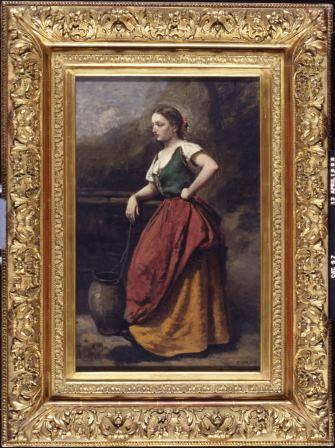General considerations
a) The Committee has drawn up its opinion with due regard for the relevant (lines of) policy issued by the Ekkart Committee and the government.
b) The Committee asked itself whether it is acceptable that an opinion to be issued is influenced by its potential consequences for decisions in subsequent cases. The Committee resolved that such influence cannot be accepted, save in cases where special circumstances apply, since allowing such influence would be impossible to justify to the applicant concerned.
c) The Committee then asked itself how to deal with the circumstance that certain facts can no longer be ascertained, that certain information has been lost or has not been recovered, or that evidence can no longer be otherwise compiled. On this issue, the Committee believes that if the problems that have arisen can be attributed at least in part to the lapse of time, the associated risk should be borne by the government if the art was privately owned, save in cases where exceptional circumstances apply.
d) The Committee believes that insights and circumstances which, according to generally accepted views, have evidently changed since the Second World War should be granted the status of new facts.
e) It is highly probable that loss of possession was involuntary if the object was sold without the art dealer’s consent, by ‘Verwalters’ [Nazi-appointed caretakers who took over management of firms owned by Jews] or other custodians not appointed by the owner of items from the old trading stock under their custodianship, in so far as the original owner or his heirs did not receive all the profits of the transaction, or in so far as the owner did not expressly waive his rights after the war.
